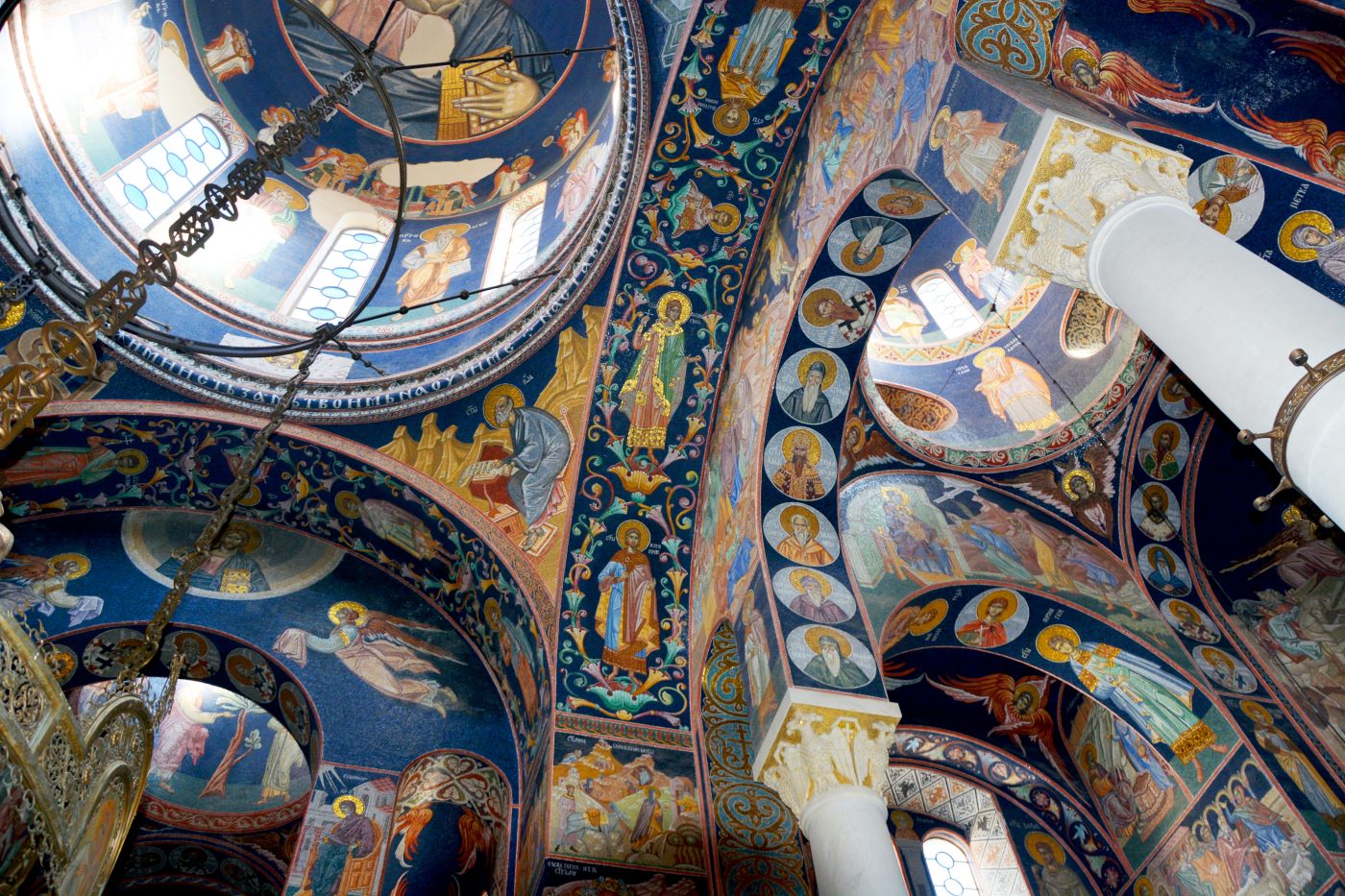Chaos and Faith: How Orthodox Christianity Survives Against All Odds

Orthodox traditions have cultivated a remarkable adaptability through their "multipolar" approach, which, while occasionally sparking momentary tensions, has ultimately forged a unique resilience that often eludes traditional Western interpretations. This nuanced framework allows for diverse perspectives and regional variations, creating a dynamic spiritual landscape that can absorb and integrate complex cultural shifts over centuries.
Unlike more rigid religious structures, Orthodox Christianity's decentralized nature enables local communities to maintain distinct identities while remaining connected to a broader spiritual tradition. This approach has allowed the faith to navigate challenging historical periods with remarkable flexibility, preserving its core essence while adapting to changing social and geopolitical contexts.
The multipolar character of Orthodoxy is not a weakness, but a sophisticated strength—a testament to its ability to embrace complexity and diversity without compromising fundamental theological principles. This intricate balance between unity and regional autonomy represents a sophisticated approach to spiritual and cultural preservation that continues to intrigue scholars and practitioners alike.

